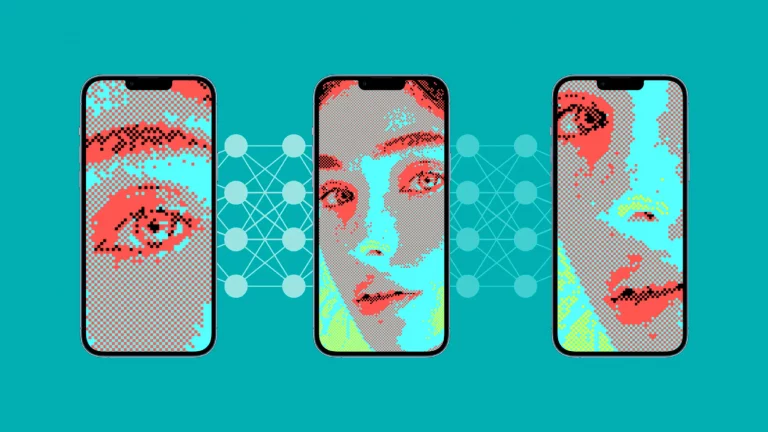Ethnographic research to improve the City of New York’s digital services

A team including the Public Policy Lab (a New York City non-profit) worked with New York City’s Chief Digital Officer and her staff to use ethnographic research to develop the New York City Digital Playbook (available in 14 languages!), a policy and operational guide to help City staff develop new and improved digital services for New Yorkers.
As described by Chelsea Mauldin and Natalia Radywyl, the project shows how ethnographic and design methods are emerging as best practices in public policymaking for smart cities.
[Smart city] initiatives must support specific and highly variable public needs in urban contexts. These include the needs of residents who are rarely customers for enterprise solutions – poor, disconnected, burdened, or otherwise outside the scope of the imagined (usually narrowly) ‘user’. Failure to respond to these needs has resulted in large, expensive systems that suffer low adoption, reinforce existing inequalities, and even put some of the city’s most vulnerable dwellers at risk.
These failures are rooted in a fundamental misunderstanding: Cities are about people, not just technological platforms. The impact is human, not just technical and fiscal. And smart city initiatives too rarely prioritize the question of just who these people actually are—from the diverse residents of cities to the people designing and implementing technological platforms. […] Policies and programs that privilege digital channels or non-interpersonal interactions can disadvantage residents who may need or prefer analog tools or human-to-human engagement, whether for reasons of personal ability, time burden, financial resource, cognitive load, cultural background, or emotional wellbeing.
The authors argue: “An ethnographically informed, design-led approach to policymaking and service delivery is necessary for crafting truly smart cities – cities where innovation can be implemented at scale while responding to the context of individual residents’ lives. Ethnography offers both a systematic approach to understanding the complex social life of a city that helps policymakers frame the “problems†they are solving for, and a central method for surfacing and interpreting the complexity and diversity of lived, urban experience. When coupled with design, ethnographic insights take on a pragmatism that becomes the foundation for a design process characterized by participatory design, iteration, and testing. A service design approach recognizes that services are ‘living’ – they are both defined by and influence the dynamic environments of which they are a part and will need to continually adapt and evolve.”



